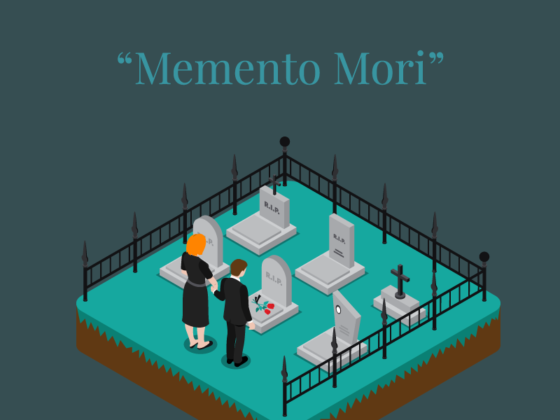Checklist for the Texas Surviving Spouse, Trustee, or Executor – Part 2
Memento mori – “Remember that you have to die”
This is a five-part series designed to assist the surviving spouse, executor, or trustee in the probate process. This checklist may also be helpful to an estate beneficiary. The series is presented in a checklist format. Each checklist can be used independently and can also serve as a reference for successor executors and trustees.
Every estate or trust administration is different. This list is not intended to be a list of everything you will encounter in a Texas trust or estate administration and is for informational purposes only. The list is not intended to be specific legal advice for you. Estate administration is work, and it takes time. Finally, you should read the entire checklist, events and actions in a probate may not follow the order as set forth in this checklist.

The Probate or Trust Administration Phases
Over the next few posts we will examine in checklist format the following phases of the Probate or Trust Administration Process:
- Part 1 – Before the Funeral
- Part 2 – After the Funeral
- Part 3 – Before Filing for Probate
- Part 4 – Probate
- Part 5 – Administration – Probate & Non-Probate
The checklist continues with the death of a loved one.
Part 2 – After the Funeral
Please feel free to use our interactive checklist, in order to help you along your emotional and complex journey.
Lastly, take a deep breath and understand that this process is going to take time. It’s okay to be emotional and working through loss and grief is a necessary part of it.
What are the Next Steps?
In Part 3 we will discuss what to do before filing for Probate.
Regarding any Texas probate or trust administration, you are well advised to seek the assistance of a Texas Probate Attorney to help with the probate process. For questions regarding this topic or other probate or estate questions please contact The Wright Firm, LLP – Board Certified Texas Estate Planning and Probate Attorney & CPA – Paul F. Wright at (214) 780-9696 or [email protected].

Leave a Reply
Want to join the discussion?Feel free to contribute!